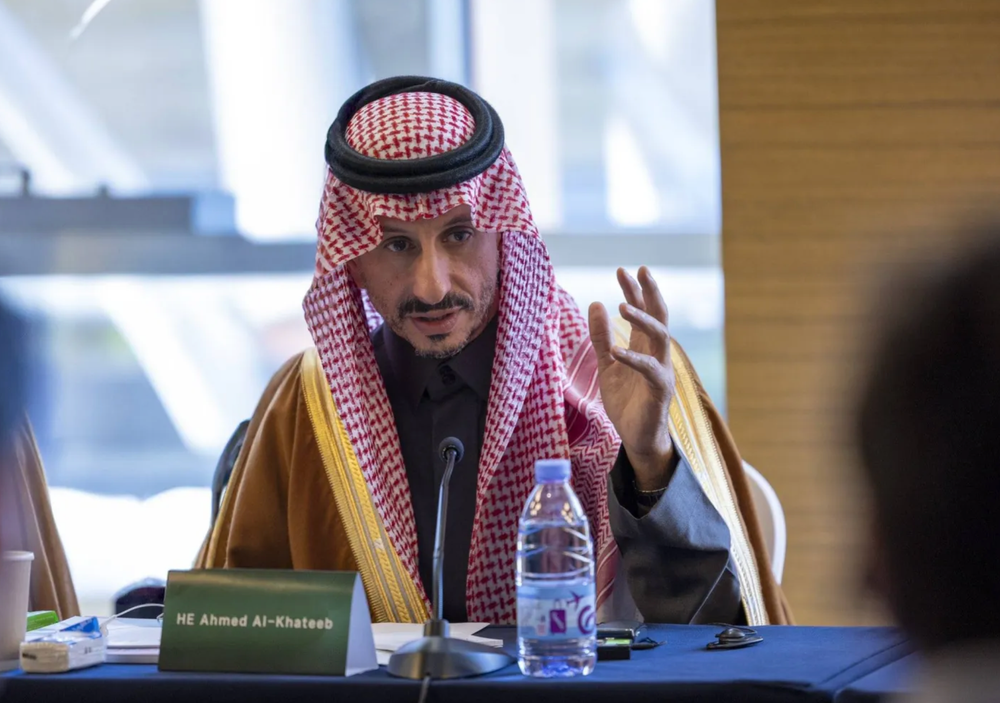The Pen and the Portfolio
In an era when most government officials measured their legacy in policies and titles, Ghazi Al Gosaibi left an indelible mark through something more enduring: words.
He was a minister, yes—holding roles such as Minister of Industry and Electricity, Minister of Health, Minister of Water and Electricity, and Minister of Labor and Social Affairs. Yet he was also a prolific poet, novelist, and essayist whose writings challenged conventions, inspired reform, and sparked national conversation.
Al Gosaibi’s ability to navigate the dual worlds of governance and literature offers a profound lesson for modern leaders: that storytelling and intellectual courage can be among the most powerful tools of reform.
A Literary Voice for a Changing Nation
Throughout his career, Al Gosaibi published more than sixty books—a body of work spanning poetry, fiction, political essays, and memoir.
- His poetry gave voice to aspirations for freedom, dignity, and personal expression.
- His novels, such as An Apartment Called Freedom and Seven, addressed topics including bureaucracy, social stagnation, and the challenges of modernisation—works that resonated with a wide audience and often sparked public debate.
- His essays tackled entrenched norms and the barriers to progress, arguing that reform was not only necessary but also patriotic.
Through these works, Al Gosaibi helped shape public consciousness and provided a new language with which to discuss Saudi Arabia’s ongoing transformation.
Insider-Outsider: The Courage to Critique
There was always a tension in Al Gosaibi’s career: he was a respected government insider who remained willing publicly critique aspects of the system he served.
- Some of his works faced censorship.
- At times, his views stirred controversy.
- Yet he held steadfast to the belief that constructive criticism was a duty to the nation, not an act of disloyalty.
This dual identity—servant and critic, official and intellectual—gave Al Gosaibi a unique voice of moral authority. He demonstrated that it is possible to serve one’s country while advocating for its continued progress.
Leadership Lessons for Today
What can today’s ministers, educators, and public intellectuals learn from Al Gosaibi?
1. Writing is Leadership
A well-crafted book, essay, or speech can inspire thought and move societies. Leadership is not confined to the boardroom or the council chamber—it lives in ideas and words.
2. Embrace Tension
Leaders who openly explore complexity build trust. Progress requires honesty, reflection, and the courage to address difficult topics.
3. Storytelling Drives Reform
Policies change structures. Stories change minds. Leaders should harness the power of narrative to cultivate a shared vision for reform.
4. Intellectual Courage is Contagious
When a respected leader models intellectual honesty, it emboldens others across society to think, speak, and innovate.
A Legacy for the Future
Today, as Saudi Arabia advances through a period of historic transformation, Al Gosaibi’s example remains deeply relevant.
To write is to lead.
To reflect is to reform.
To serve is to speak with courage.
In a world that values authenticity and vision, Ghazi Al Gosaibi’s legacy offers modern leaders a timeless blueprint:
Lead not only with authority, but with voice, humanity, and conviction.






